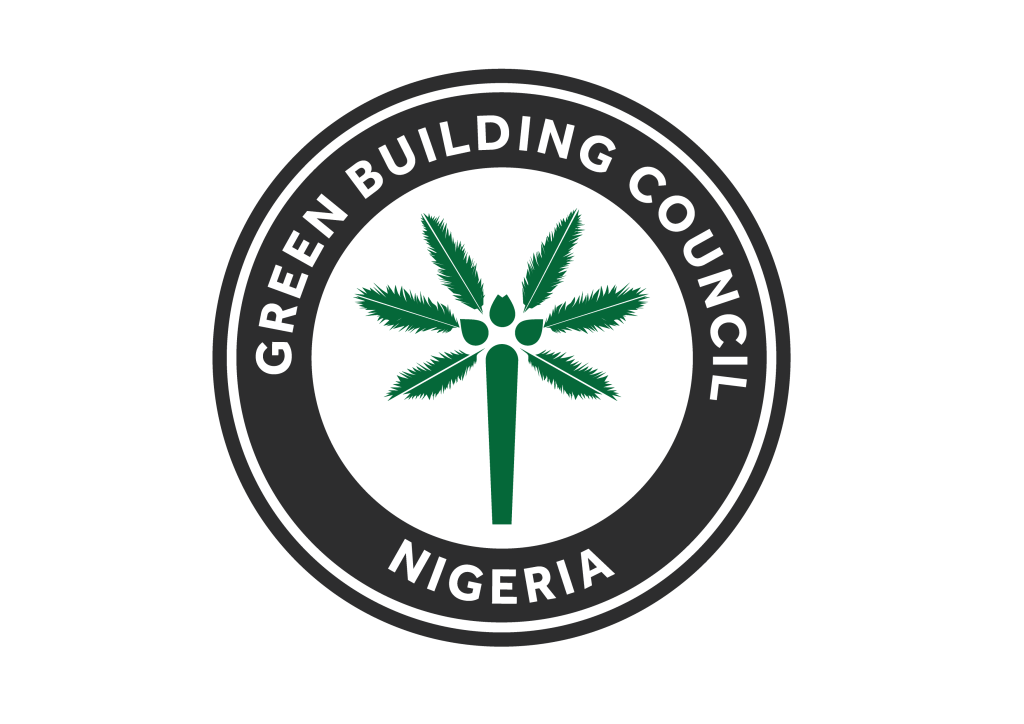Development of Affordable Homes Presents a Crucial Opportunity
According to the Infrastructure Consortium for Africa (ICA), over USD100 billion was committed to investments in Africa’s infrastructure in 2018. However, they surmise that USD170 billion per annum is required to bridge the Continent’s infrastructure deficit by 2025. It is estimated that the deficit costs the Continent between 2 and 4 percent of GDP growth annually and may contribute to productivity costs of between 35 and 70 cents on the dollar.
With ambitions to take 100 million people out of poverty in 10 years, Africa can scarcely afford any productivity loss. The scale of the problem is clearly vast and most African Governments have taken advantage of capital available – from China – largely in the form of debt. The benefits of Government-to-Government funding are clear; the process is relatively simple, with defined counterparties and terms, deals can be executed quickly.
However, these are long term initiatives, with ramifications that will influence national and Continental development for generations and China is already playing a critical intervention role in 36 African economies.
Mixta Africa, a leader in African infrastructure for over 20 years, with operations in eight African countries and a pioneer in infrastructure development on the Continent, positions the private sector as a key significant player in infrastructure roll-out. The Company has expertise in most built-environment projects and is now focussed on delivering affordable housing at scale. Various Governments are approaching their national housing deficits differently and therefore the economics, and successful project execution varies greatly.
A tangible example of the success is Mixta’s Residencia Essafia development in Tetouan-Martil, Morocco was completed in 2015 delivering nearly 5,000 affordable homes, with price points starting at US$15,120.Mixta has delivered over 12,500 properties during its history and, of those, approximately 40% have been in Morocco. Supportive Government policy in Morocco, introduced 13 years ago, has accelerated the engagement of the private sector in delivering residential development across the board. In the affordable segment this has resulted in the halving of housing deficit from 800,000 units in 2012 to 400,000 in 2018, according to the Centre for Affordable Housing Finance in Africa (CAHF). The real estate sector contributed to the country’s growth of 3.8% CAGR over the last 10 years to 2019.
The development, which also comprises children’s play areas, a recreational park, a school, library and police station, created 6,630 jobs directly and over 15,000 indirectly through the construction supply chain. Mixta predicts that Nigeria will overtake Morocco in terms of affordable homes built with suitable communities in the short and medium terms. The historic challenges of developing affordable homes at scale are now gradually being addressed, including security of land, access to capital and critical impetus behind a suitable mortgage market. Notably the National Housing Fund is granting affordable long-term mortgages for those Nigerians whose employer makes contributions on their behalf and the Central Bank of Nigeria has injected significant liquidity into the programme. This has enabled Mixta to facilitate its customers’ first mortgages on these affordable terms to be granted.
In addition to Morocco and Nigeria, Mixta is the largest single provider of affordable homes in Senegal, with a strong brand in Tunisia and Cote D’Ivoire.
Research conducted by the Centre for Affordable Housing Finance (CAHF 2017) has shown that if housing production were to be increased as a key economic recovery strategy, this would have a significant impact on GDP overall , and in a selection of African countries studied, GDP contribution to the economy ranged from 7% to as high as 14% as a result of upstream demand for building materials and labour, as well as the demand for manufactured goods along the value chain for home improvements, and the services associated with the management of rental properties. The contributions had a positive impact on employment, stimulating job creation, not only in housing but also the manufacturing and services sectors.
It is clear that the private sector will play an imperative role in support of Africa governments as they address the Continent’s infrastructure deficit. Specifically, the building of communities with affordable housing offers the multiple economic and standard-of-life benefits necessary to help to bring millions out of poverty.
Featured on Business Day
Links:
Africa’s Infrastructural Deficit – Deji Alli Interviewed on Arise TV
Mixta Africa Responds to the CBN’s Commitment to Affordable Housing
Is Nigeria getting closer to affordable housing? CNBC Interview










